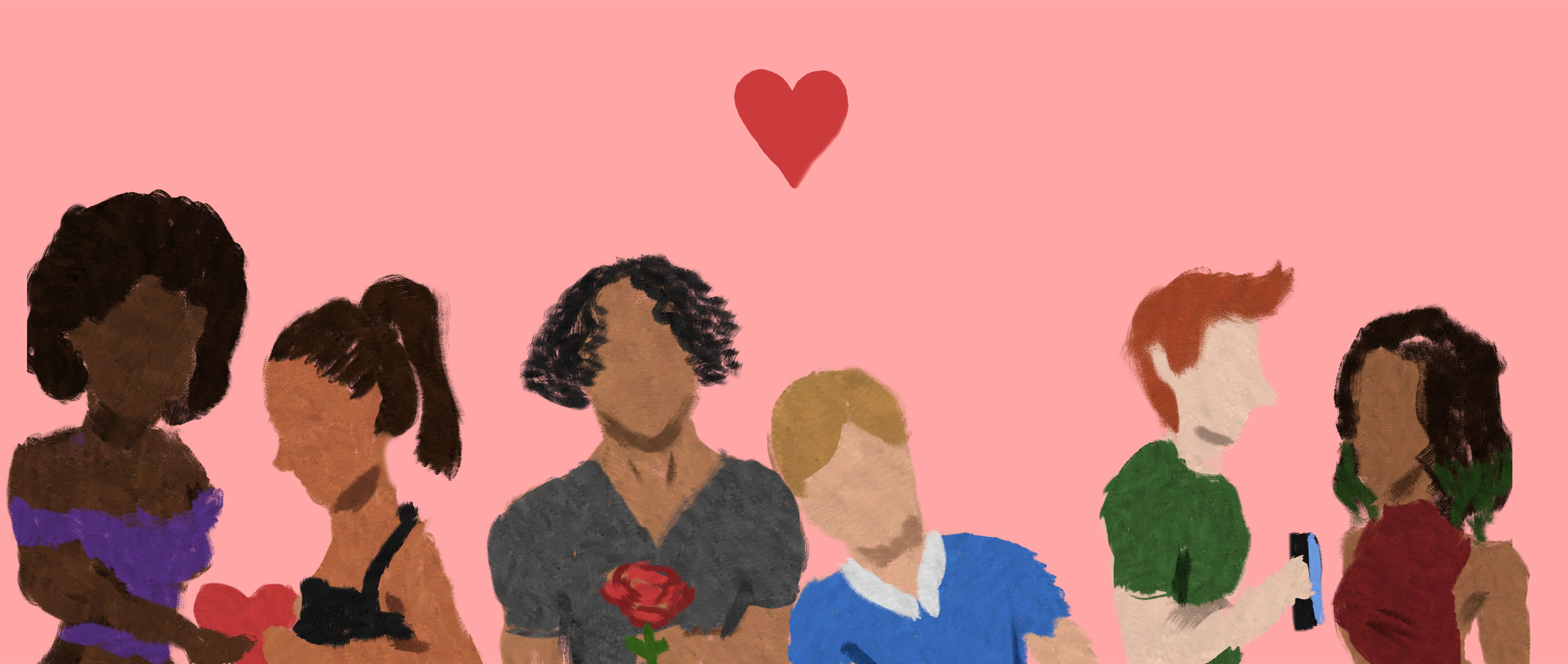Having recently watched a romantic comedy that didn’t have the typical happy ending, I found myself shrieking at the conclusion. For context, it was “My Best Friend’s Wedding.”
I am usually indifferent to rom-com endings since they are supposed to be light-hearted and predictable. But this time I really had hoped for a happy ending.
I found myself fraught over how the characters had multiple chances to discuss how their feelings for one another evolved during their time away from each other and how they swerved around these chances completely.
The idea of “right place, wrong time” is a common yet interesting idea in romance stories, one that understandably yields both sympathy and frustration from the audience.
But even more so, my reaction to the ending might be due to my newfound feelings about timing and circumstances.
These feelings have been amplified as a result of everything coming to a halt with the coronavirus (COVID-19) pandemic, at a time when we were supposed to revel in milestones we greatly anticipated. And especially sensitive ones, I would argue: those marking our first footings into adulthood.
With February, the impending month of love, it is no surprise that our feelings and beliefs about romance surface
Valentine’s Day is an occasion some celebrate, others avoid and a handful of us entertain over movies and chocolates. Which, it is my personal belief that single people should get a discount for.
I find myself thinking about relationships and how we process and understand romance, real life and fiction. It is especially intriguing when we look at our evolution with the pandemic.
Drastic changes in circumstances could affect a person, including their priorities, desires and how they go about handling challenges.
Coupling the college experience with the pandemic, it’s possible to assume our circumstances influenced what we look for in a partner. This may feel even more complicated as we attempt to re-integrate with altered perceptions of ourselves.
Greater time would allow for a more accurate analysis of our generation’s ideas on romance. Nonetheless, any insight is valuable, as it may inspire you to reflect on your own ideas.
I believe that despite the lockdown and limited social interactions, the need to engage in social situations remained. We still immersed ourselves in stories of genuine love and the interpersonal struggles accompanying them.
Yet, one might have found themselves absolved of reflecting over what they were missing out on. Almost ”dissociating,” in a sense.
Simply put, despite being in-person for a while, we may find ourselves harkening back to quarantine-developed watching habits. This crutch could have severed the equilibrium between our manifestations of reality and television altogether.
In pre-pandemic times, beholding romance in the real world was like watching it from a balcony. When you took a step outside, it was something you could be fully surrounded by, immersed in observation. There were limitations to your understanding if not actively in a relationship. And yet, leaning across the railing offered a good glimpse of its variance nonetheless
Now, we observe romance from our bedroom windows. Its existence still beams through, yet it’s very easy to draw the curtains after momentarily glancing outside, deciding to return to our familiar routine.
This is not to generalize peoples’ approach toward romance.
Rather, it’s acknowledging the fact that how we think has changed in some capacity. This influences how we convey what we want, and when we want it.
With socialization alone, there is a dichotomy between wanting to explore new avenues of talking and networking, and wishing to further cultivate self-awareness, which might still be tender if it’s a new exercise for us.
It may seem at times that these two endeavors conflict with how (and whom) we spend our time and energy on.
Garnering a better self-awareness ultimately leads to a clearer evaluation of what we engage with, which can clarify how we feel about who we interact with.
In terms of watching romance stories, it is worth being open to evaluating what you do or don’t gravitate toward: what might have seemed far-reaching and repetitive previously, could now appear poignant and admissible.
Whether changed feelings stem from a new environment such as entering college or shifted social expectations with the pandemic is hard to determine.
I say that could be left up to the reader.



